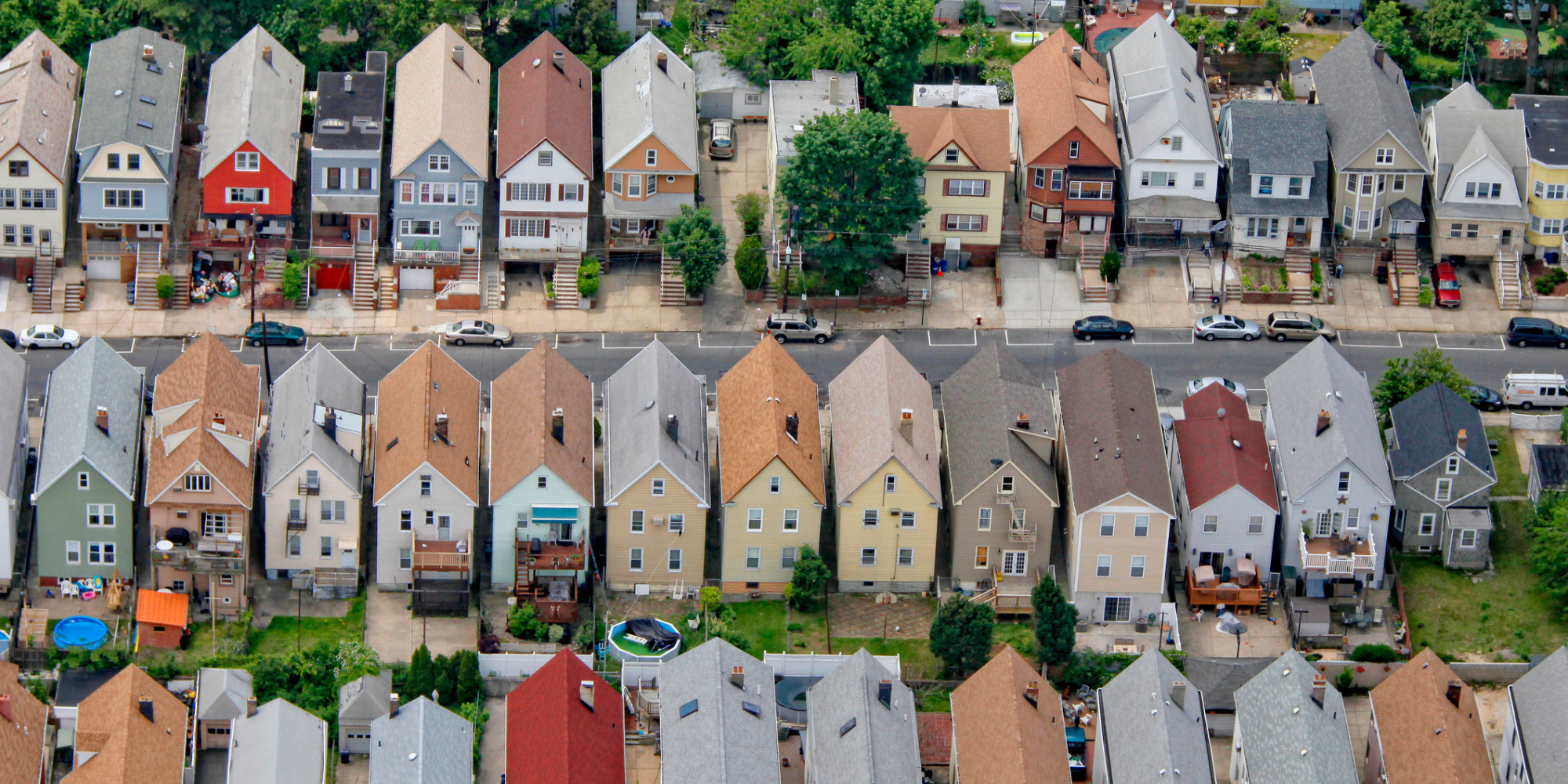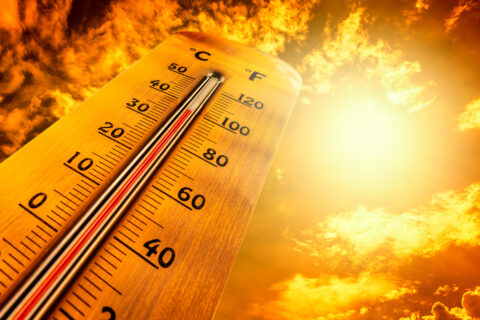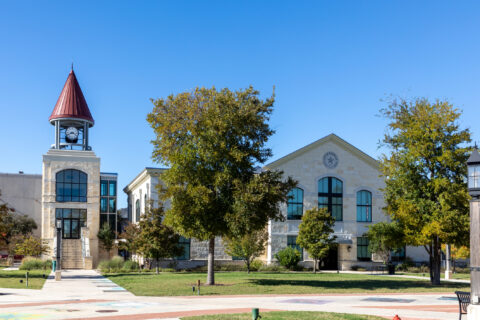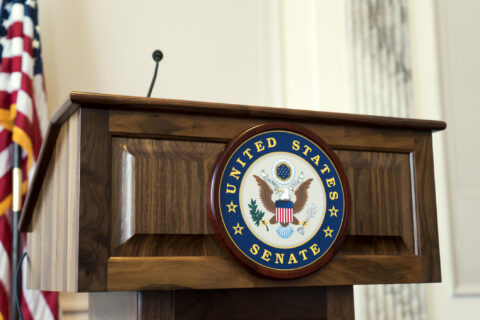Over the last two years, the United States has committed historic levels of funding to combat climate change. Through the Inflation Reduction Act, the Infrastructure Investment and Jobs Act, and other key federal actions, the Biden-Harris Administration aims to:
- Reduce U.S. greenhouse gas emissions 50-52% below 2005 levels by 2030.
- Reach 100% carbon pollution-free electricity by 2035.
- Achieve a net-zero emissions economy by 2050.
- Deliver 40% of the benefits from federal investments in climate and clean energy to disadvantaged communities, through the Justice40 Initiative.i
The Justice40 Initiative aims to direct benefits to disadvantaged communities, an effort by the federal government to ground climate work in principles of environmental justice and racial and health equity.ii If implemented effectively, federal funding and programming will support an equitable transition of the built environment, including significant improvements to existing housing stock, which has been subject to decades of disinvestment.
Developing a successful pathway to meet this goal will take unprecedented coordination among community-based organizations, local and state government agencies, private sector partners, and many others.
To advance this work, the Green & Healthy Homes Initiative (GHHI), Elevate, WEACT for Environmental Justice, RMI, Emerald Cities Collaborative, ACEEE, and Building Decarbonization Coalition recently hosted the Leadership Retreat: Mobilizing for Green & Healthy Homes in Baltimore to convene frontline organizations from across the country to design, advocate for, fund, and implement grassroots decarbonization strategies to improve indoor air quality, resiliency, and affordability in older, occupied homes. The retreat kicked off with a site visit to the home of an older adult that was made healthy, safe, energy efficient and fully electrified and decarbonized by GHHI’s Baltimore direct service team.
As state and local agencies will drive much of the work to advance housing retrofits, infrastructure upgrades, and healthy home repair programs, hearing from leaders at the forefront of community driven collaborations was a critical learning opportunity. Breakouts included local government and CBO leaders who shared models they have implemented to catalyze efficient delivery of equitable housing and infrastructure investments:
- Detroit Home Repair Fund: This $20 million fund aims to fill gaps for health and safety repairs that cannot be fully addressed by DTE Energy’s current Energy Efficiency Assistance (EEA) program and other existing local programs, including Weatherization Assistance. The fund, established in 2022, is a partnership between the Gilbert Family Foundation, Rocket Community Fund, ProMedica, DTE Energy, Enterprise, and the Green & Healthy Homes Initiative.
- New Jersey Board of Public Utilities Whole House Pilot: In 2022 the New Jersey Board of Public Utilities launched a ‘Whole House’ pilot program designed to address health and safety issues in residences in low-income communities in Trenton. The Pilot, managed by GHHI, brings together existing state, local, federal, and nonprofit programs into an integrated process where resources are coordinated and leveraged to improve client service delivery and program impact.iii
- Atlanta Justice40 Oversight Commission: The City of Atlanta recently approved the creation of the Justice40 Oversight Commission to identify environmentally disadvantaged communities in Atlanta, with the goal of ensuring that such communities benefit from opportunities and resources available through the Biden administration’s Justice40 Initiative.iv
- California Statewide Healthy Homes, Resilient Communities Campaign: The Asian Pacific Environmental Network and California Environmental Justice Alliance lead this campaign to build community power and amplify voices of working-class communities of color as decision-makers for programs and policies. One result of their organizing in 2022 was a state Healthy Homes Bill, which would require state energy efficiency funds to improve habitability in the places that need it most.v
Retreat participants also heard from senior officials from the White House, the US Department of Energy, HUD, and EPA about climate and Justice40 funding opportunities. They met state and local energy leaders driving implementation of service delivery models for occupied affordable housing that maximize engagement of frontline communities. Attendees of the retreat worked collaboratively to identify key principles to align equitable decarbonization as part of a healthy housing strategy, engaged on policy measures to support local programs and keys to deepen implementation capacity.
An important result of the retreat was building a network that will foster connectivity and information exchange about effective policies, implementation models, and capacity building efforts for mutual support across communities.
Take the Healthy Housing Challenge!
Your municipality is invited to take the Healthy Housing Local Action Challenge! The initiative supports and celebrates cities, towns, and villages working to promote healthier homes through improving housing for residents. Please visit the initiative site to learn more and participate. NLC is excited to partner with you on your local healthy housing work! Please email healthyhousing@nlc.org if you have any questions.
About the Authors
Through the NLC Healthy Housing Local Action Challenge, The Green & Healthy Homes Initiative (GHHI) is providing support and technical assistance to cities, towns, and villages who have taken the Challenge, in partnership with the National Center for Healthy Housing, ChangeLab Solutions, and the Center for Community Progress. GHHI is a national leader in implementing equitable healthy housing programs and practices.









